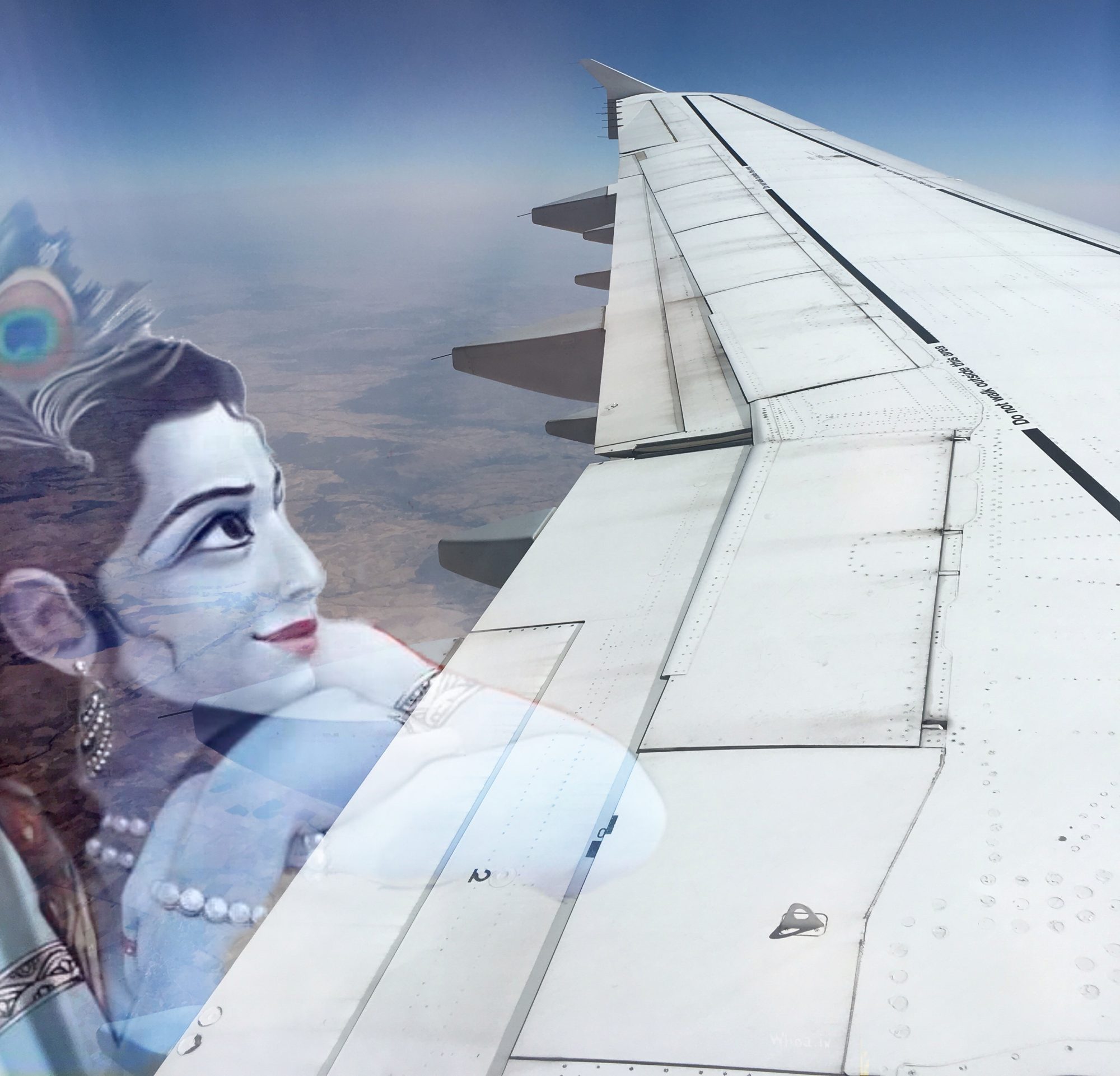
MINDEN IDENTITÁS VALÓTLAN
Srí Szvámí Atmaszvarúpánanda írása
A spirituális élet kezdeti szakaszában Isten nagyon valóságosnak és nagyon közelinek t?nhet. Mintha meg is érinthetnénk ?t. De minél tovább haladunk el?re az életben, a cél gyakran egyre távolabbinak és távolabbinak t?nik. Nem arról van szó, hogy ne fejl?dnénk! Erkölcsösségünk javulhatott. Lehet, hogy odaadásunk elmélyült, megértésünk pedig nagyban kitágult. De ennek ellenére maga a cél nem t?nik olyan közelinek, mint kezdetben. Mi okozza a nehézséget?
A szent iratok szerint a hiba a helytelen (ön)azonosításban rejlik. Nem csupán a testtel és az elmével azonosítjuk magunkat, hanem családunkkal, foglalkozásunkkal, közösségünkkel, nemzetünkkel, és talán még azzal is, hogy a világ polgárai vagyunk. Bármivel azonosulunk is, az egy tárgyiasult önazonosság. Elménkben egyértelm?en ott van egy dolog, amivel azonosban tekintjük magunkat, és azt képzeljük, hogy Isten – bár lehet, hogy nincsenek dimenziói – számunkra mégiscsak egy objektum. Tárgyiasult önazonosságunk a kényelem és biztonság érzetét nyújtja számunkra. Ezért alapvet? problémánk az, hogy nem akarjuk elveszíteni azt a biztonságérzetet, amelyet egy határozott identitás megléte ad nekünk. De ha a célunk minden kétséget kizárólag Brahman, ez azt jelenti, hogy sehol sem tartunk! Abban a percben, ahogy definiáljuk magunkat, egyben el is veszítjük (ön)magunk. Úgy mondják, Istent meghatározni annyit tesz, mint elpusztítani ?t. Valódi identitásunk a nem-azonosság. Ezért elménknek meg kell értenie, hogy az akadályoz meg minket a cél elérésében, hogy ragaszkodunk az identitás biztonságából fakadó érzéséhez! Az igazi biztonság abban rejlik, hogy nincs identitásunk. De fel kell készülnünk arra, hogy az a játék bizony kockázatos!
A tiszteletreméltó Szvámí Csidánanda-dzsí kedvelte a létrán teraszra mászás hasonlatát. Azt mondta, hogy fel kell mászni a létrán. Nincs más út a teraszra jutáshoz. De amikor elérted a terasz szintjét, nem juthatsz be a teraszra kivéve, ha átugrasz a létráról. Ezért a net-neti (sem ez-sem az) folyamatát használjuk. Mindegyik sem ez-sem az egy lépés a létrán. Folyamatosan számoljuk fel azon identitásokat, amelyeken csüngünk, de végül meg kell tennünk az ugrást az identitás-nélküliségbe. Ez a mi valódi énünk, a cél, amely mindent, amit keresünk, megad számunkra.
NO IDENTITY IS OUR TRUE IDENTITY (Sri Swami Atmaswarupananda)
In the beginning of the spiri tual life, God can seem to be very real and very close. It is as if we can almost grasp Him. But the longer that we are in the life, the goal often seems to be more and more remote. It’s not that we are not making progress. Our ethical behaviour may haveim proved. Our devotion may be deeper, and, no doubt, our understanding has expanded greatly. But still, the goal itself does n’t seem to be as close as it was originally. What is the difficulty? As the scriptures say, our fundamental error is wrong identification. Our identification now is not only with the body and mind, but with our family, our occupation, our community, our nation, perhaps even as be ing a citizen of the world. What ever it is, it is an objective identification. We have a clear object in our mind of who we are, and we imagine that God, who we are seeking to attain, will simply be a much grander object—perhaps having no dimensions, but still an object to us. Having our identity as an object gives us a feeling of comfort, of security. Therefore, our fundamental problem is that we don’t want to lose the feeling of security that having a definite identity gives us. But if our goal is Brahman alone with out a second, it means that there is no where that we are not. The moment we define ourselves, we lose ourselves. As they say, to define God is todestroy God. Our true identity is no identity. Therefore our mind has to understand that clinging to the feeling of security from an identity is what is blocking us from the goal. True security is in having no identity. But we have to be prepared to take the gamble. Pujya Swami Chidanandaji used to like the analogy of climbing a ladder to the terrace of a building. He said that you must climb the ladder. There is no other way to reach the terrace. But when you reach the level of the terrace there is no way get onto the terrace except to jump off the ladder. Therefore, we use the process of neti, neti. Each not this, not this, is a rung on the ladder. We keep eliminat ing identities that we are hanging onto, but finally we have to take the leap into no identity. That is our true Self, the goal, which will give us ev erything that we are seeking.
fotó: Pavel Anoshin on Unsplash


